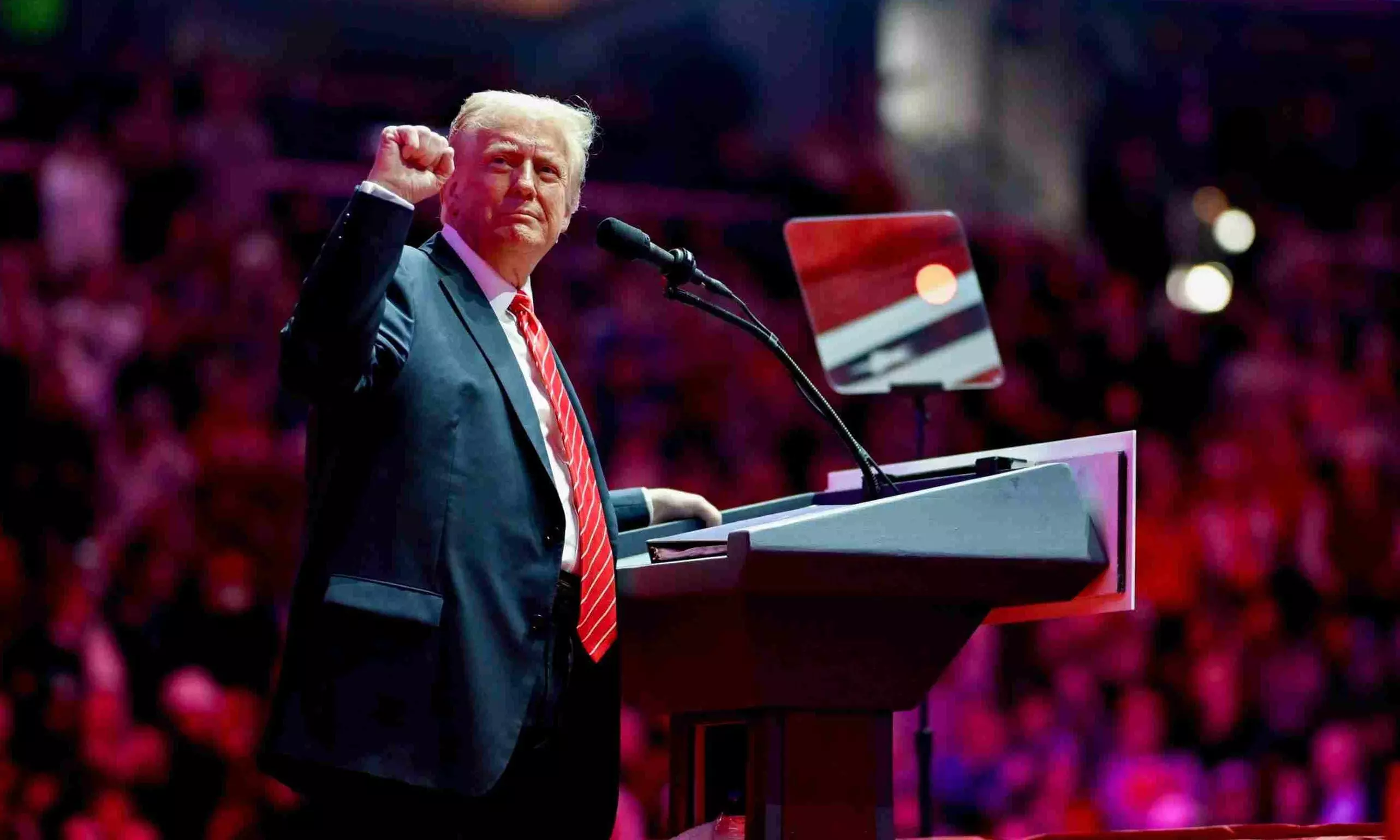
Trump visa clampdown threatens US-China academic ties
MIT’s former president warned that Trump administration will be known historically as the one under which decline of the US began; experts fear US will lose talent

Frayed by tariff wars and political battles, the academic ties between the US and China are now facing their greatest threat yet, as the Trump administration promises to revoke visas for a number of Chinese students and tighten visa screening in the future.
In a brief statement on Wednesday, US Secretary of State Marco Rubio said the US will “aggressively” revoke visas of Chinese students, including those with ties to the Chinese Community Party or studying "critical fields".
Swift backlash
Rubio's statement threatened to widen a chasm between the two nations, building on a yearslong Republican campaign to rid US campuses of Chinese influence and insulate America's research from its strongest economic and military competitor.
Rubio's announcement has rattled Chinese students and drawn swift condemnation from the Chinese government and some US lawmakers.
Also read: China lodges protest over 'unreasonable' student visa ban by US
It also raised alarm on US campuses that host more than 275,000 students from China and benefit from their tuition payments.
Dream falling apart
Chinese graduate student Kesong Cao, 26, decided to abandon his studies in the US because of Trump's policies.
“I do not feel welcome anymore,” said Cao, a student of cognitive psychology at the University of Wisconsin, who was waiting at Seattle's airport Thursday to board a flight home to China.
Cao spent eight years in the US and once dreamed of staying as a professor.
“Now it seems like that dream is falling apart. It's a good time to jump ship and think about what I can give back to my own country,” he said.
Growing concerns
The scope of the visa crackdown wasn't immediately clear, with no explanation on what would constitute ties to the Communist Party.
But the impact could be significant if the government goes after any student with family members in the party, said Sun Yun, director of the China programme at the Washington-based think-tank Stimson Center.
Academic leaders in the US have spent years trying to tamp down growing hostility against Chinese students and scholars, saying the benefits of the relationship outweigh the risks.
Collaboration between the countries produces tens of thousands of scientific papers a year, yielding major advancements in fields from earthquake prediction to disease treatment.
Bad idea
The academic alliance has been built up over decades since both sides resumed diplomatic ties in the 1970s. Chinese researchers are the most frequent international co-authors for US researchers in science and engineering journal articles. Both sides are research powerhouses.
Any move that prevents the US from welcoming the smartest people in the world is an “extremely bad idea", said L Rafael Reif, a former president of the Massachusetts Institute of Technology who pushed back against anti-China sentiment during President Donald Trump's first term.
“This administration will be known historically as the one that began the decline of the US by completely failing to understand the importance of science and technology -- and the importance of gathering the most talented human capital from the world to work together towards a thriving United States,” Reif said in a statement to The Associated Press.
Also read: US expands social media vetting for foreign students in new visa move; what does it mean?
'This is racism'
Erica Zhang, who graduated from George Washington University in December and is awaiting approval of her green card, termed the new policy “horrifying".
"This is racism, any division based on identity and nationality is racism. It is just a start, it will expand to a bigger group of Chinese, not just Chinese students,” Zhang said.
During his first term, Trump shortened the visas of some Chinese graduate students from five years to one, and signed an order barring Chinese students from schools with direct links to the People's Liberation Army (PLA).
More recently, the administration has taken sweeping action against international students. It revoked the legal status for thousands of foreign students in the US this spring before reversing itself.
The administration is also trying to block Harvard from enrolling foreign students, a move put on hold by a judge.
Breaking ties
David Lampton, a political scientist at Johns Hopkins University, is worried the US will lose talent.
“American universities and society have always successfully relied on their single-minded search for the world's best brains,” he said.
Yet, critics say it's a lopsided relationship that primarily benefits China.
A State Department spokesperson, Tammy Bruce, told reporters on Thursday that the US will not tolerate the Chinese Communist Party's "exploitation of US universities or theft of US research, intellectual property or technologies to grow its military power, conduct intelligence collection or repress voices of opposition".
At least three American schools have ended their partnerships in China, including the University of Michigan and the Georgia Institute of Technology.
Eastern Michigan University was the latest to terminate a Chinese partnership, just hours before Rubio's announcement.
Critics also point to the imbalance in student exchange -- only a few hundred US students study in China a year, compared to about 370,000 from China who studied in the US in 2018.
US universities themselves have come to rely on Chinese students. Even as numbers level off, Chinese students remain the second-largest group of international students in the US behind those from India.
(With inputs from agencies)

